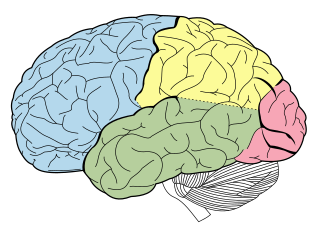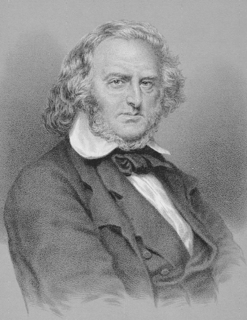A Quote by Timothy Ball
Perhaps the greatest scientific deception of the IPCC is the abuse and misuse of computer climate models. They allow them to make their reports and deliberations appear credible. They allow them to bamboozle the public because computer models are a complete mystery to most people.
Related Quotes
We need to make sure that every child in America goes to a school every day that is safe, will teach them how to read and write, do arithmetic and gain the computer skills necessary to allow them to compete in the global marketplace. If we can get that through the public schools, fine. If we can't, I'm all for parental choice in education to allow that parent to take his/her/their child to a school that is safe and teaches them, even if it is a faith-based school!
The only basis for even talking about global warming is the predictions spewed out by computer models. The only quote/unquote "evidence" of global warming is what models are predicting the climate and the weather will be in the next 50 to 100 years. Now, what those models spit out is only as good as the data that's put in, and it's an absolute joke. In terms of science, it's a total joke. There is no warming, global or otherwise!
But if the brain is not like a computer, then what is it like? What kind of model can we form in regard to its functioning? I believe there's only one answer to that question, and perhaps it will disturb you: there is no model of the brain, nor will there ever be. That's because the brain, as the constructor of all models, transcends all models. The brain's uniqueness stems from the fact that nowhere in the known universe is there anything even remotely resembling it.
As the popular trust in science fades - and many sociologists say that's happening today - people will develop a distrust of purely "scientific" psychology. Researchers in the universities haven't picked up on this; they're more interested in genetics and computer models of thinking than ever. But, in general, there is a huge distrust of the scientific establishment now.
The attribution of intelligence to machines, crowds of fragments, or other nerd deities obscures more than it illuminates. When people are told that a computer is intelligent, they become prone to changing themselves in order to make the computer appear to work better, instead of demanding that the computer be changed to become more useful.
































